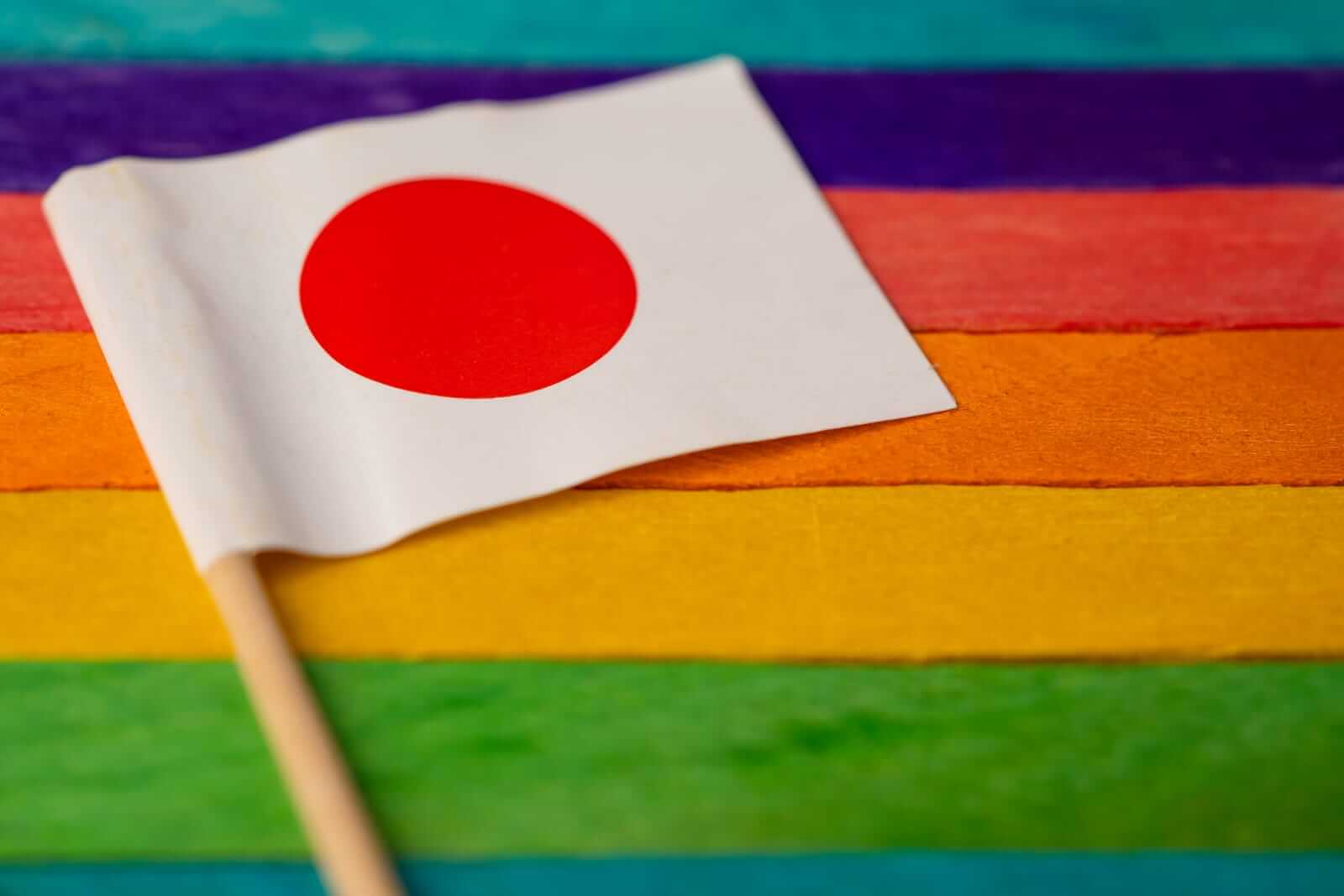
Last Updated: 30 Jun 2025 Navigating Personal Questions in Japan as an Openly Gay Business Traveler
With more businesspeople visiting Japan recently, I’ve had the same question come up from more than one client: “I’m openly gay. How can I best navigate potential questions about my personal life during the social parts of my visit to Japan?”
To determine how best to answer this question, I reached out to an old friend of mine, who is gay and has been living in Japan for decades. He’s in business, leads the Japanese subsidiary of an American corporation, and is originally from the U.S.
Here’s what he told me. He also gave me permission to post it here, in hopes that this information can be as useful to as many people as possible.
Japanese people are likely to ask innocent questions, like “Are you married?” “Do you have children?”, etc. as part of small talk. Especially if it’s the first time meeting someone in person. It would be your personal decision as to how much you would want to share in response to such a question.
One option would be to just be straightforward and say, “my partner (male name) and I have been together for X years.” That might lead to a follow up question like “Oh, your partner is a man. So, you are gay?” Now this isn’t a negative reaction, more curiosity, but it’s then your decision about to what extent you feel comfortable getting into this kind of conversation.
Another option that would be an appropriate response but would not lead to a longer conversation would be to just say “my partner and I have been together for X years.” Partner is a very handy word as it is used as a loanword in Japanese, and can refer to either sex, and married or not. Many Japanese women like to use partner to refer to their husband rather than the traditional Japanese word, which has patriarchal connotations.
If you use “partner,” it’s unlikely that anyone would ask a follow up question to try to determine the partner’s gender. Because although they may be asking this question as part of small talk, they probably don’t really care that much about the answer.
As background it is important to remember that unlike some countries in the Middle East for example, in Japan there is no legal or religious official antagonism against homosexuality. Japan has not recognized marriage equality, but that is because the politicians are more conservative than the general population – surveys show the population is overall in favor of it. Openly gay entertainers are common on Japanese TV shows and there is more than one Japanese TV show that is centered on a gay couple as the main characters.
My friend said he had seen statistics that in response to a survey, 23% of Japanese consider themselves gay or bisexual. Also, homosexuality was common in Japan historically (google “samurai homosexuality” for some interesting reading; I studied Japanese history in college and somehow this never was mentioned!).
Even so, many gay Japanese businesspeople are not out at work. My friend said that that is because there are some negative stereotypes, but also because people generally don’t talk about their private lives much at work in general. Many Japanese clients etc. I interact with, I have no idea about their personal lives — it just never comes up.
My friend says he is out at work but is low key about it. Recently it came up that his company’s parent company in the U.S. created global employee resource groups, and he was named co-head of the LBGTQ+ one. This was going to put him out there more prominently as being gay. He was a little concerned about whether there might be any negative implications of that, so he asked the Japanese team member who is his right-hand man. The response: “Oh don’t worry, gay is very popular in Japan!”
Finally, a general thought from me: you can avoid stock questions like “are you married?” by being a good and active conversationalist — asking Japanese lots of questions about themselves, sharing other things about yourself such as sports or hobbies, etc. Typically if people are asking questions about your marital status or children, it’s because they are at a loss for something to talk about and are falling back on the old standards.
Related articles
22. Dare to be Barefoot【Column: Leap Before You Look】
One thing I never 屈服する (gave in to) while living here in the US for many years is to wear shoes insi
Tokyo Sightseeing When It’s Too Hot To Be Outside
Whether you’re a business traveler looking to fit in some sightseeing before or after your meetings,
13. Buddhaspeed to You 【Column: Leap Before You Look】
If you ask people in Japan what their religion is, they’ll probably say they don’t have one. B




